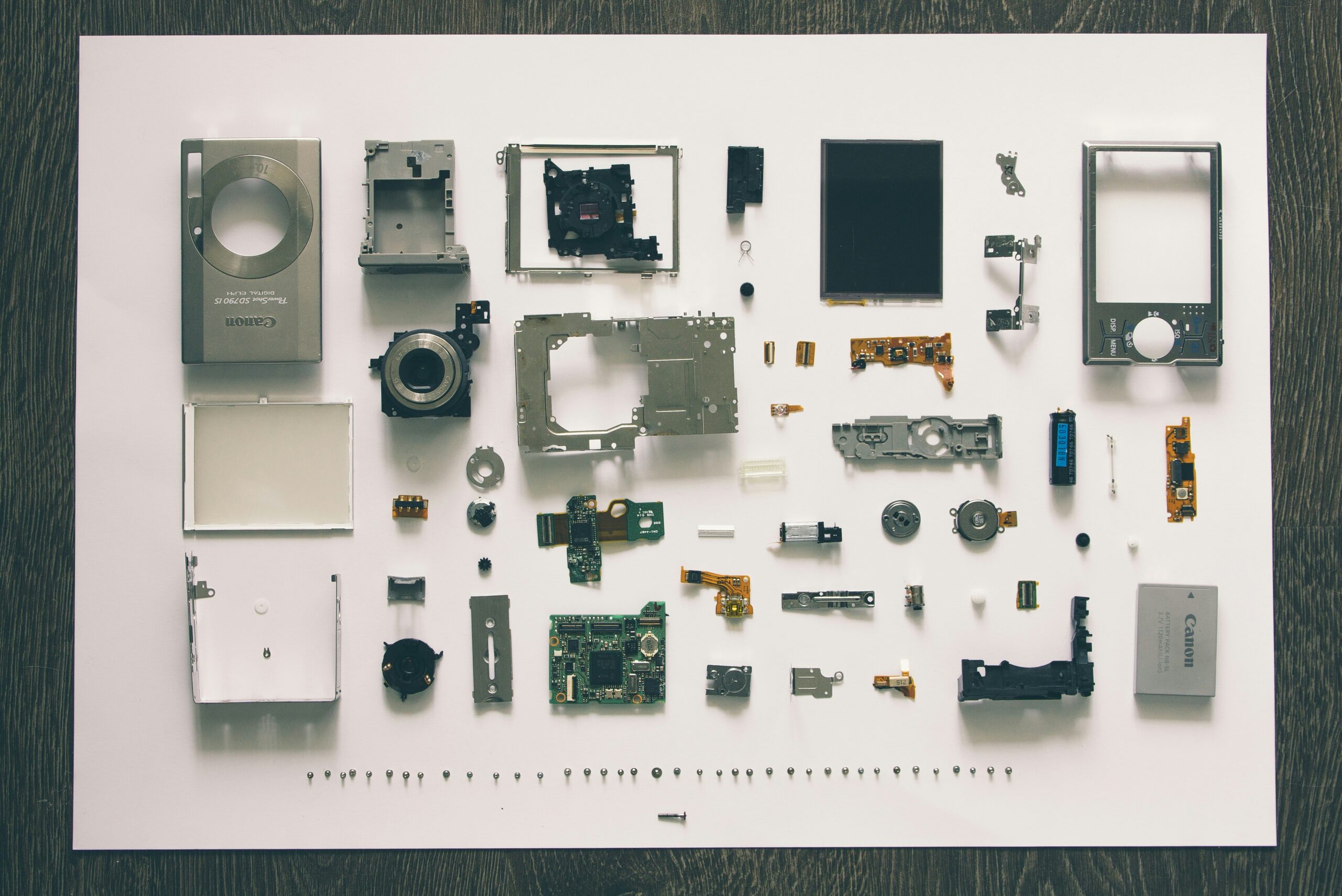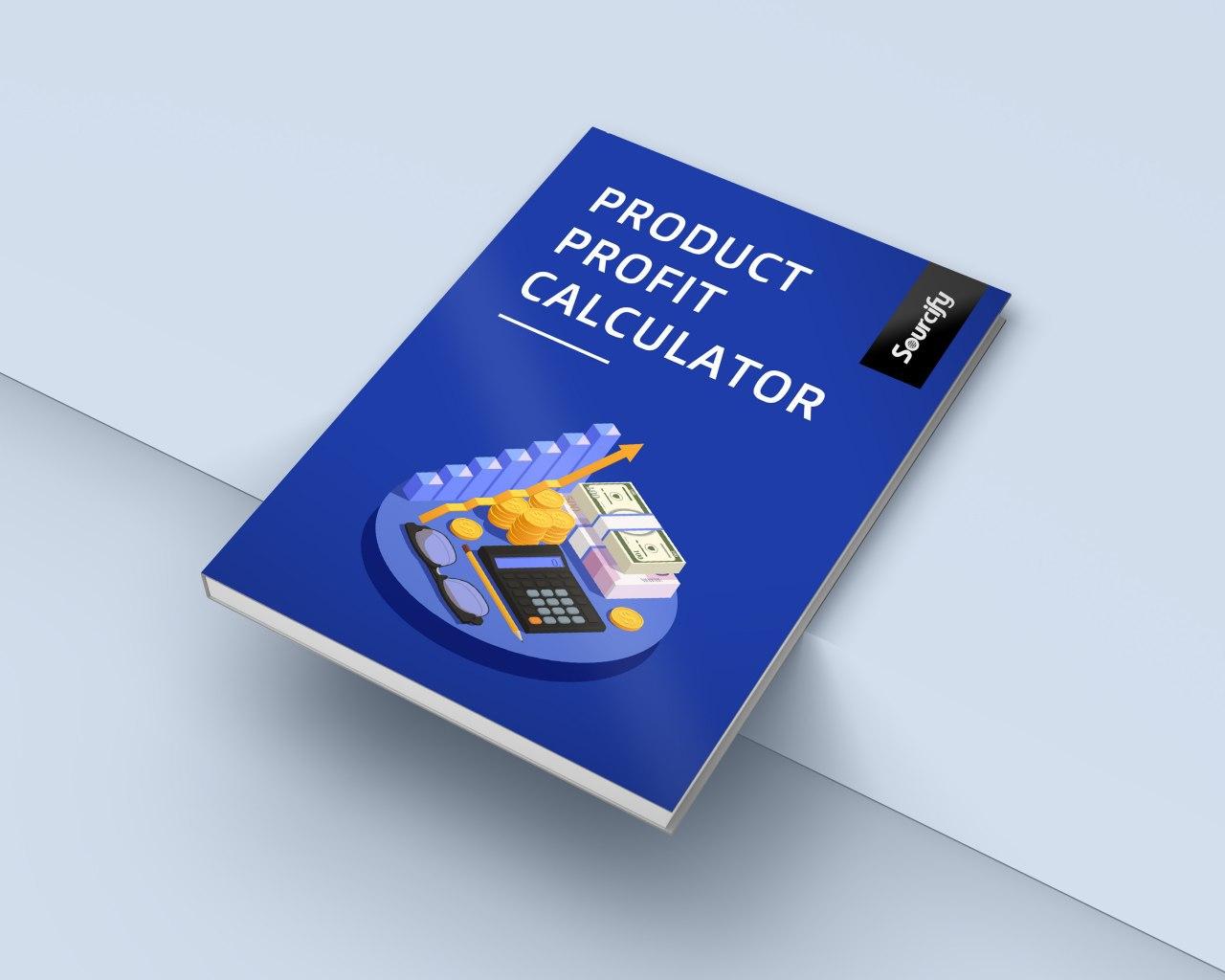By Phillip Akhzar, Founder + CEO of Arka
Every detail matters in the competitive e-commerce landscape; as such, businesses should seek every avenue to maximize their profits. One area that is often overlooked, yet brimming with potential, is packaging. Contrary to popular belief, swapping to sustainable options doesn’t have to erode your margins. In fact, custom, sustainable packaging can serve as a vital tool to enhance your bottom line and no longer needs to be relegated to an afterthought. Today, we’ll dive into three strategies that companies can employ to not only bolster their green credentials, but also to significantly improve their profit margins.
The Rise of Digital Printing in Custom Packaging
Historically, custom packaging was a significant expense, due to the initial costs associated with plate setups, especially when businesses ordered in bulk to attain cost efficiency. This approach often resulted in a scenario where companies were left with a surplus of unused, outdated packaging— a waste of resources and money.
However, the tides are shifting and advancements in digital printing technologies have democratized the custom packaging world. With the advent of digital printing, businesses no longer need to fret about plate fees, endure lengthy setup times, or face prolonged waits.
Companies like Arka have revolutionized the custom packaging space by making it cost-competitive, at the unit price level, to order in smaller quantities with rapid turnarounds. This means brands can pivot, in real time, responding to market changes, with seasonal imagery changes, special editions, or branding updates without the fear of amassing deadstock packaging. Thanks to small batch printing, brands can order exactly what they need, ensuring fresh branding without storage costs and waste.
The direct benefit is a considerable reduction in the cash flow burden of packaging orders and a tangible dip in COGS: no more money wasted on packaging that ends up unused.
Embrace Custom Inserts for Enhanced Product Protection
When it comes to shipping products, protection is paramount. A broken product can quickly lead to dissatisfied customers, necessitating returns, replacements, and concessions. Traditional methods, though popular, are not fool-proof; for example, packaging peanuts can settle or loosely wrapping cardboard around products often won’t cushion against all potential impacts. Additionally, these options may not only have environmental implications, but also lack the finesse that modern customers expect. Brands need to be thinking inside (rather than outside) of the box.
Creating packaging with custom inserts tailored to the dimensions of your products not only eliminates the need for excessive filler materials, but it also minimizes the potential for product damage. The advantages of which are seen by both the brand and their customers alike.
Precision fitting allows the custom inserts to be tailored exactly to the product dimensions, holding items securely in place, ensuring minimal movement during transit and, thus, reducing the risk of damage. Customers can also enjoy an enhanced unboxing experience— with everything perfectly in place and no excessive bubble wrap or messy peanuts spilling out upon opening. A refined first impression, like this, can elevate the brand perception and lead to positive reviews and word-of-mouth referrals.
The ripple effect of using custom inserts must be underscored: by reducing product breakage, companies can curtail the financial strain associated with shipping costs, product replacement, re-fulfillment, and the customer concessions made to appease consumers who had an unfavorable initial experience.
Say No to Shipping Air
Size matters, especially when it comes to packaging. How often have we seen oversized boxes for products that could fit into something a fraction of the size? Shipping air isn’t just a waste of space and an environmental concern; it’s a direct hit on margins. Especially with carriers that charge based on dimensional weight, companies are likely paying to ship air.
By designing custom packaging that aligns with required product sizes and the most frequent product combinations, businesses can realize substantial savings by ensuring that they only pay for the space that is genuinely needed. A smaller, perfectly sized package often means reduced shipping costs. These savings can then be passed onto consumers, fostering goodwill, or retained to bolster company margins. The environmental impact can not be ignored either, compact packaging uses less material and, when sourced sustainably, reduces the carbon footprint impact of the shipment— both major selling points for eco-conscious consumers.
Conclusion: Aligning Packaging and Company Objectives
Navigating the waters of sustainable, custom packaging can seem daunting (and is often misperceived as more costly). However, with partners like Arka, businesses can effortlessly merge their design and logistics needs.
Finding a partner that not only champions impeccable design, but also understands the intricate dynamics of logistics can make all the difference. Custom packaging is more than just aligning brands with current consumer expectations and market trends— although these are certainly incidental benefits. More so, it’s both an eco-friendly move and a cost-saving strategy.
When packaging objectives mirror company goals, the result is a harmonious blend of sustainability, cost-efficiency, and enhanced customer satisfaction. The path to success is to
seek out partners, like Arka, who align with company vision, and enable margin growth, even when forging a more sustainable path— benefiting both the environment and the bottom-line.

Phillip Akhzar is the Founder and CEO of Arka with 16 years experience in packaging and supply chain logistics. Phil is a San Francisco native, attending Cal Poly SLO as an Industrial Engineer before graduating from both Y Combinator W15 and 500 Startups (Batch 16).
From Boeing Aerospace to Silicon Valley startups like iCracked, Phil has brought his core competencies at the biggest of companies to businesses just getting their start. He’s also the host of Shopify’s course on packaging and shipping your product sustainably.






